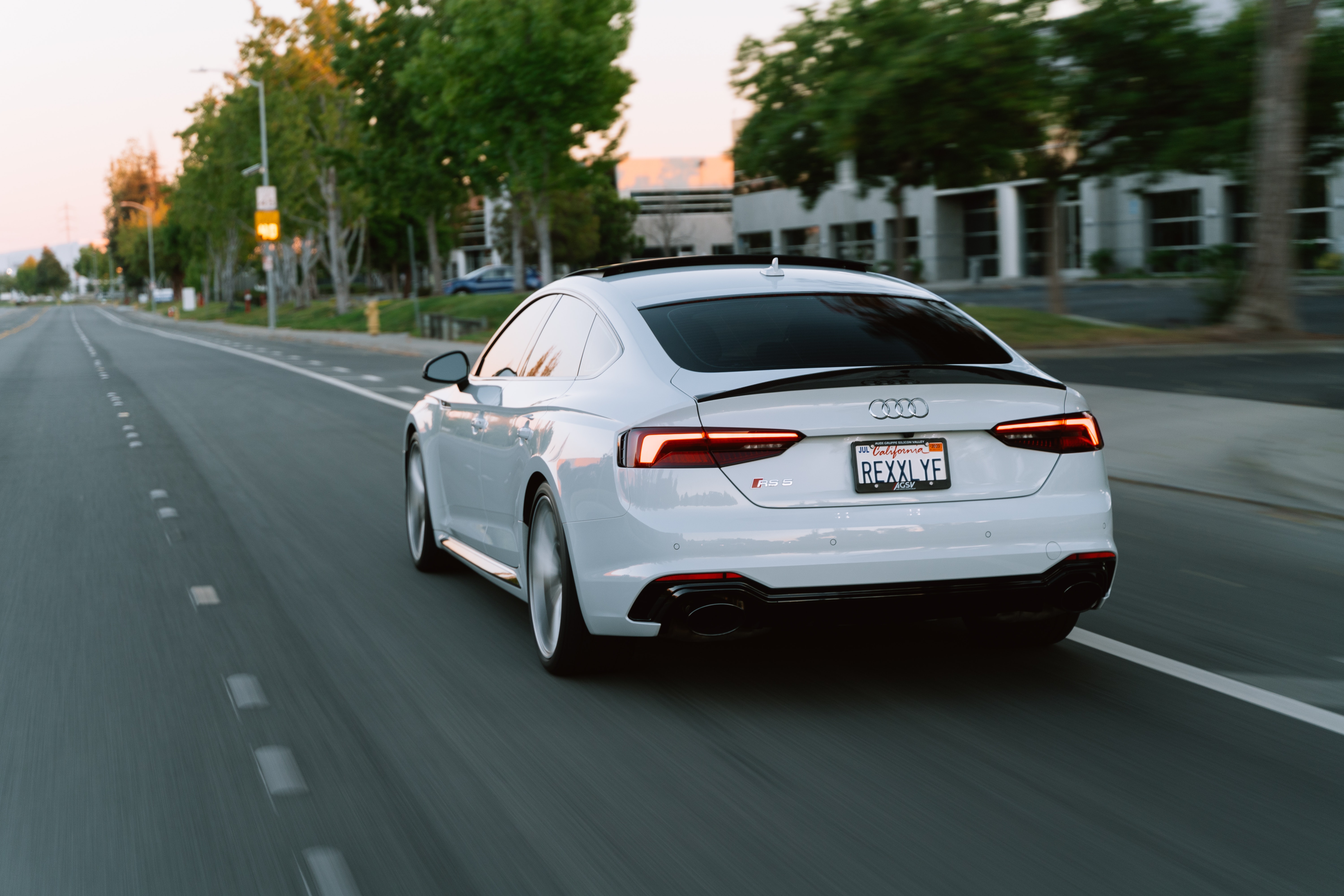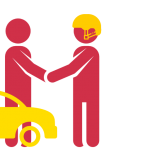For many people, summer is the time to pack your bags and hit the road with friends, family or solo. As for where to go, the options are endless. The United States is blessed with an impressive network of roads and byways that offer unique opportunities for exploring the country’s natural beauty.
Getting a tuneup and investing in the proper auto insurance coverage are just two ways to prepare for your road trip. You also need a solid plan that your fellow travelers will appreciate! So, whether you’re trekking from California to New York or from Las Vegas to Miami, learn about some of the most popular roads to add to your itinerary that will make your summer road trip memorable and enjoyable for everyone.
Road Tripping in the U.S.: Popular Byways and Routes to Take by Car
Ready to explore the beauty and vastness of an unfamiliar part of the country? Would you rather visit rocky mountains, sandy beaches, or something in between? It’s always wise to do a bit of research beforehand so you know what the road conditions are like, what weather to expect, where to fill up the tank and so forth.
Below are just five of the countless must-visit roads and byways that have the potential to make for a perfect summer road trip:
1. Pacific Coast Highway, California
Regarded as one of the most scenic highways in America, the Pacific Coast highway offers a jaw-dropping view of the Pacific Ocean as you make your way from San Francisco to San Diego. This route will take you through rugged sea cliffs, sandy beaches and small towns that offer incredible opportunities for sightseeing.
2. Route 66, Illinois to California
There’s a lot to say about this iconic route that runs from Illinois to California:
- Encompasses over 2,400 miles of America’s heartland
- Offers breathtaking views of towering mountains, quaint towns, and open skies
- Is full of quirky roadside attractions
- Leads to diners, motels, and gas stations that harken back to a bygone era
3. Blue Ridge Parkway, North Carolina, and Virginia
If you are a nature lover, then the Blue Ridge Parkway is the perfect road for you. Running 469 miles through the Blue Ridge Mountains, the parkway offers scenic vistas of the Appalachian Mountains, as well as rivers and wildlife. Take a break and hike one of the many trails that offer awe-inspiring views of the countryside.
4. The Great River Road, Mississippi River
Want to enjoy the scenic views of the Mississippi river? If so, head to the Great River Road. A designated National Scenic Byway, this famous road passes through ten states and offers panoramic views of the Mississippi River, waterfalls, and the rolling hills of America’s heartland.
5. The Loneliest Road, Nevada
Get ready for a unique desert experience that will take you through a journey of geology, history, and rugged beauty!
The Loneliest Road has a special appeal for folks in search of adventure. Running through the vast and barren high desert of Nevada, this multi-day road trip passes through ghost towns, sand dunes, and geothermal pools.
Get Proper Auto Insurance Coverage: Talk to an Agent Before Driving Out of State (or in Another Country)
Be sure to review your insurance policy with your insurance agent to ensure that you have the appropriate coverage for your needs. Generally, the basic components of any auto insurance plan will include these four coverage areas:
- Liability Insurance
- Collision Coverage
- Comprehensive Coverage
- Uninsured or Underinsured Motorist Coverage
Where specifically will you be driving? States typically require motorists to carry proper auto insurance coverage, but the rules might differ from place to place – particularly if you’re headed to another country. Wherever you go, you want to be protected should an unexpected incident occur. A qualified insurance agent will let you know if there is any need to update or alter your coverage before leaving.
Once all your bases are covered, you can get behind the wheel and let the adventure begin!
At Amigo, our agents can help you compare quotes and find the best deal before hitting the road. They will guide you toward an excellent auto insurance plan that covers all your needs, no matter where you’ll be. Give us a call today to find out more!










